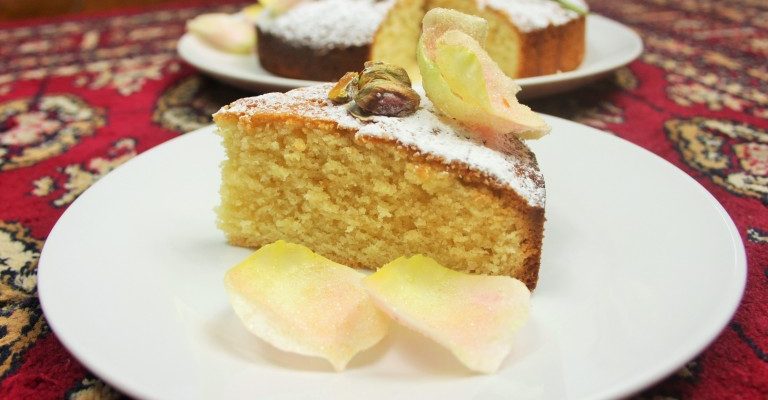No matter the size of the business, whenever you buy something it impacts the bottom line. Applying big business solutions to small businesses can be incredibly useful, especially for negotiation. Here we look at how these techniques helped the Bunscuffle Cafe to increase their profits.
The Bunscuffle Cafe was in a sector that typically has a lot of local competition, relatively large overheads and tiny margins.
This cafe was no different in that there was a lot of local competition and overheads were relatively high.
Where the Bunscuffle Cafe differed from many was the way that the owner managed spend. She focused on reducing the costs wherever possible while maintaining the high quality of ingredients, food produced and service.
It would have been easy to buy in the village. (There were two shops within walking distance that could provide almost all the ingredients required).
By looking at the costs of various options (factoring in time and fuel costs) and negotiating all raw material purchases she was able to increase the profit on cake sales alone by 10%. Not all of these negotiations were simple, or obvious.
For example:
The Cafe had a commitment to use great quality Cornish produce where possible. They then had to make a choice between 2 local Dairies for milk and butter.
They didn’t use enough to qualify for free delivery or bulk discounts so used a local dairyman who delivered 3 times per week.
The Cafe used butter for baking, sandwiches and cooking.
The cost in Tesco was £1.60 per 250g pack +travel time and fuel. (Supermarkets are often cheaper than Wholesalers for some items) .
The cost in the local shop was £1.70.
The local Dairyman already offered a great price for milk and agreed to sell the butter at £1.10 per 250g pack as long as they bought milk and eggs from him.
The cafe could buy eggs fractionally cheaper from the same farm but would have to collect them (time +fuel).
The saving on butter far outweighed the increased cost on eggs (and they were being delivered) – and the cafe was supporting another local business which was important to them.
Compared to buying the butter from Tesco this represented a saving of £15 per week, which equates to a saving of £765 per year.
Cheaper butters were available but weren’t Cornish or of the same quality.
The extra cost of eggs was 10 per tray – which was an extra cost of £10.20 per year.
So, good buying practices aren’t just for large organisations, they can be applied to any business, of any size and in any sector.
It isn’t just about driving cost down, it’s about driving cost down while maintaining quality and still aligning the business to its values.
We can help you make the move from ‘Shopping’ to ‘Buying’ and increase your profits like the Bunscuffle Cafe.
Let’s have a chat.
https://www.evolution-development.com/buying-stuff-for-business/
